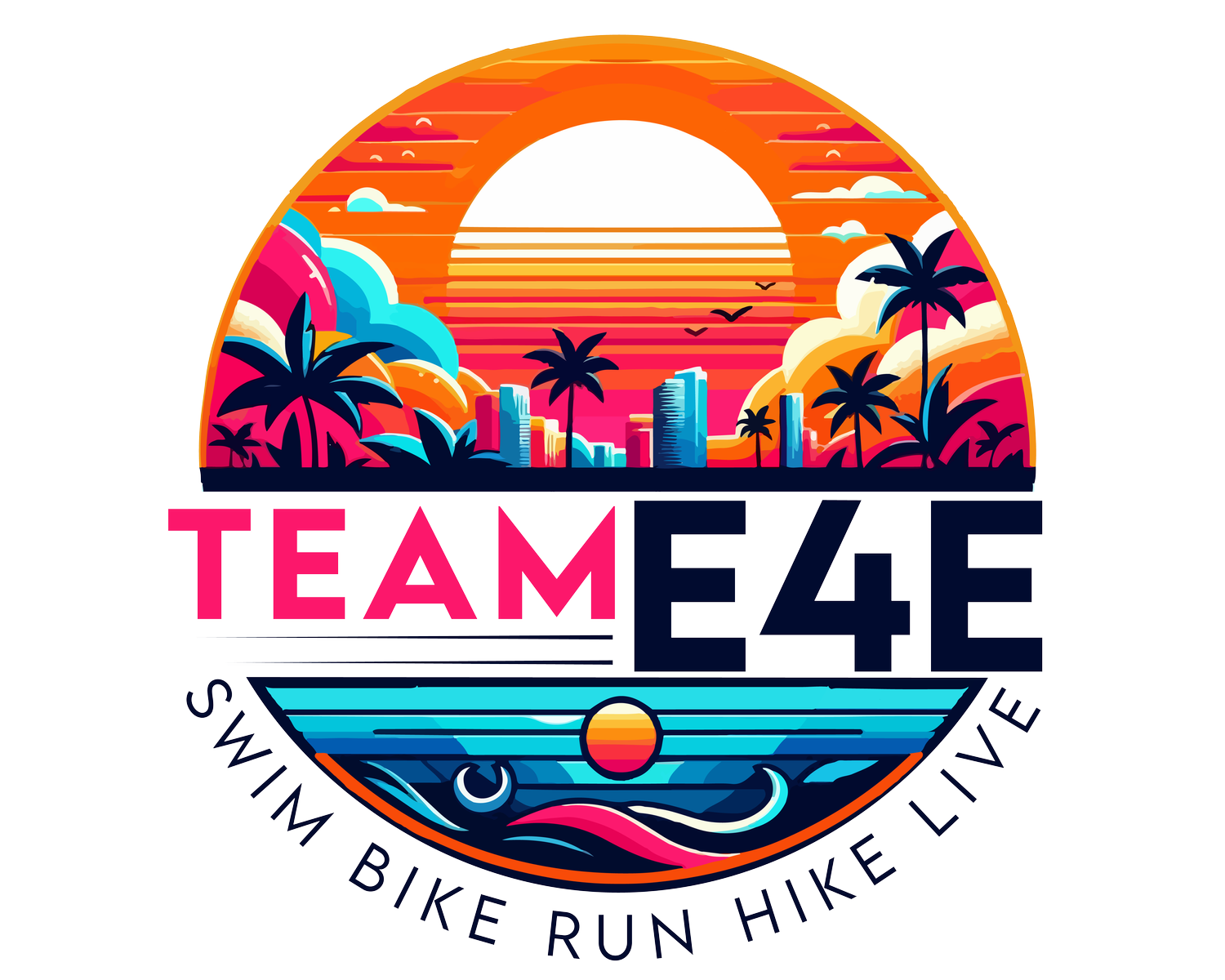Unlocking Success: The Art of Balancing Questions and Answers for Personal Growth
“If all we’re doing is asking ourselves questions, but never coming up with an answer, well, that can lead to some very imbalanced insanity at times.”
— Matthew McConaughey
The quote delves into the complex relationship between questioning and finding answers in our lives. It's a profound reflection on the human condition, our quest for understanding, and the mental and emotional consequences of an unending search without resolution.
The Importance of Questions in Personal Growth
Firstly, let's explore the significance of asking questions. This process is at the heart of learning, curiosity, and self-discovery. Questions are the catalysts for growth and change. They encourage us to challenge our assumptions, explore new ideas, and seek deeper understanding. In personal development, asking questions is essential for introspection and self-awareness. It helps us understand our motivations, fears, and desires.
The Dilemma of Unanswered Questions
However, as McConaughey points out, continuously asking questions without ever finding answers can lead to a sense of imbalance and, potentially, to what he refers to as "insanity." This term, while dramatic, captures the frustration and existential angst that can arise from perpetual uncertainty. Humans crave closure and understanding. When we're unable to find answers, it can lead to feelings of confusion, anxiety, and helplessness.
The Search for Meaning and Clarity
This dilemma is particularly relevant in our search for meaning and purpose in life. Philosophical and existential questions like "Why are we here?" or "What is my purpose?" often don't have clear, definitive answers. This lack of resolution can be deeply unsettling. It's a struggle that has been explored by philosophers, theologians, and thinkers throughout history.
The Balance between Inquiry and Acceptance
The key, perhaps, is finding a balance between inquiry and acceptance. It's about understanding that some questions may never be fully answered and learning to be at peace with that uncertainty. This doesn't mean we stop asking questions or seeking understanding. Rather, it's about recognizing the limits of what we can know and finding contentment within those boundaries.
The Role of Reflection and Dialogue
Reflection and dialogue play crucial roles in this balancing act. Reflecting on our questions and discussing them with others can provide different perspectives and insights. Sometimes, the process of exploring a question is more valuable than the answer itself. The journey of inquiry can lead to personal growth, even if it doesn't result in clear answers.
Embracing the Unknown
Ultimately, embracing the unknown and the unknowable is a part of the human experience. It's about finding joy and meaning in the journey of exploration, rather than solely in the destination of answers. This approach can lead to a more balanced, fulfilling life, even amidst the uncertainty.
Conclusion
McConaughey's observation highlights a profound truth about the human quest for understanding. While questions are essential for growth and self-discovery, an endless quest without resolution can lead to a sense of imbalance. The challenge lies in embracing the journey of inquiry, finding peace in the unknown, and recognizing the value in the process of seeking, even when definitive answers elude us. This approach can help maintain mental and emotional balance in a world filled with endless questions and elusive answers.
